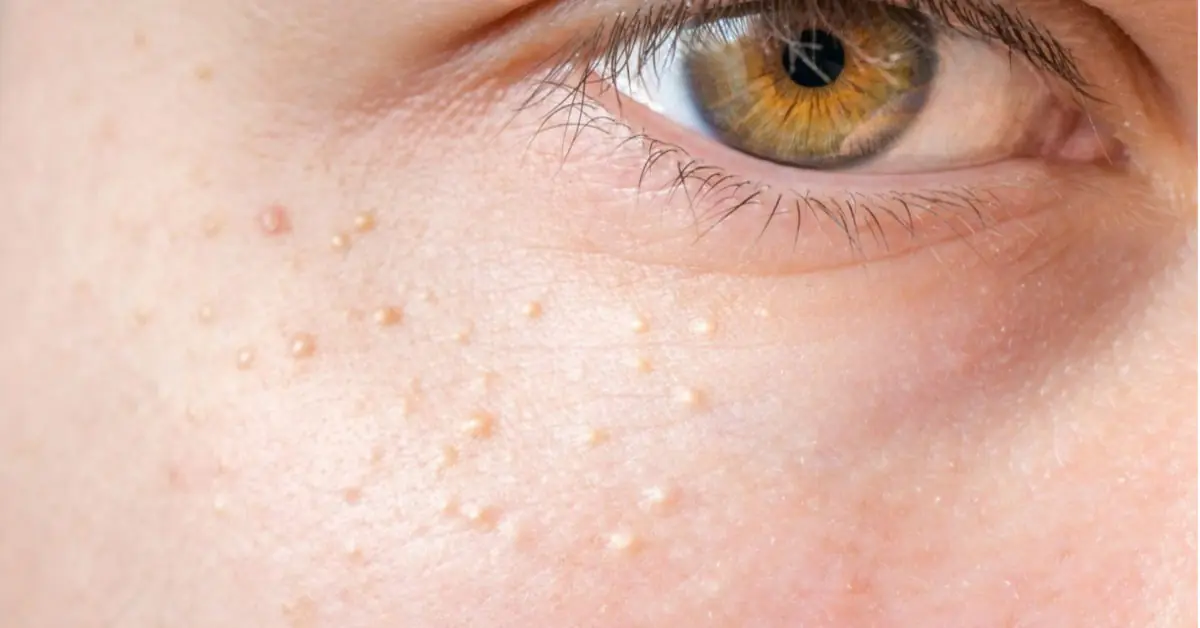
Granddad Forbids Anyone from Touching His Old Mattress, Girl Finds Stash There after His Death – Story of the Da
Brooke Taylor stood at the threshold of her grandfather’s bedroom, her fingertips grazing the old oak doorframe as waves of memories hit her like a tide. The house was silent now—too silent. No echo of Granddad Charles’s deep laugh, no shuffle of his feet across the worn floorboards. Just the ghost of pipe tobacco and Aqua Velva hanging in the air like a whisper from another time.
She stepped into the room with reverence, her eyes scanning every familiar object—his weathered books stacked in uneven piles, the lamp with the faded green shade, the wool blanket folded neatly at the foot of his bed. Everything was just as he'd left it, as if he’d be back any moment.
Her gaze settled on a photograph by the nightstand: her parents, smiling in that way only people in love could. The ache returned to her chest, sharp and raw. It had been almost twenty years since the accident took them. She was only eight. Since then, Granddad had been her world. And now… she was alone.
As Brooke began sorting through his belongings, her eyes kept drifting to the bed—the one piece of furniture she’d never been allowed near.
"Don’t touch that mattress, young lady," Granddad used to scold, a twinkle in his eye. "It’s got more secrets than you can imagine."
Back then, she thought he was just being dramatic. But now… maybe he hadn’t been.
Compelled by a strange mix of grief and curiosity, Brooke approached the bed. She hesitated a moment before lifting the mattress.
What she found stopped her breath.
A weathered leather-bound journal. A stack of yellowing newspaper clippings. And old photographs—some of her parents, others of places she didn’t recognize.
Her hands trembled as she reached for the journal, opening it slowly. Inside were notes. Detailed, meticulous notes.
It was an investigation. Her grandfather had been digging into her parents’ accident. Not as a grieving father—but as a retired police officer who believed something was very, very wrong.
He’d written down names. Witness statements. Traffic reports. Diagrams. There were clippings about a man named William Johnson, a wealthy business owner in town, who had a history of DUIs. One note caught her eye: “Parker waved him through the checkpoint—protocol ignored. Paid off?”
Brooke’s heart pounded. She remembered Officer Parker. He was one of the first on the scene when her parents died. Granddad had never liked him.
The truth hit her like ice water: her parents hadn’t just died—they had been killed. And someone had helped cover it up.
Hot tears streamed down her cheeks. Not just from sadness, but fury.
She clutched the journal to her chest. “I’ll finish what you started, Granddad. I swear it.”
The next morning, Brooke walked into the office of the local newspaper, her spine straight despite the anxiety twisting in her gut. The newsroom buzzed with phones and chatter, but she made a beeline for the editor’s office.
“I’ve got something you need to see,” she said without preamble.
Frank Dawson, the grizzled editor with a skeptical frown, looked her over. “We get a lot of people saying that. What makes yours worth printing?”
Brooke didn’t flinch. She laid the journal on his desk and began to talk.
Ten minutes later, Frank’s brow furrowed, then lifted. By the time she finished, he was leaning forward, tapping a pen against his chin.
“This is big,” he said. “Really big. But you need to understand—if we run this, there will be backlash. Are you ready for that?”
Brooke’s eyes didn’t waver. “I’ve lived with silence for two decades. I’m done being quiet. My grandfather knew the truth. I owe it to him—and to my parents—to make it known.”
Frank gave a slow nod. “Then let’s make them listen.”
The article hit the front page within a week, and it sent shockwaves through the town.
Brooke shared it on social media with a single line:
“My parents deserved justice. So does every family that’s been lied to.”
The response was overwhelming. Her phone buzzed nonstop with messages from strangers offering support, others sharing their own stories of injustice. The police department couldn’t ignore the uproar. The case was reopened.
At a press conference, Officer Parker—his hands visibly shaking—was forced to admit what he’d hidden for years. “We were pressured,” he confessed. “The Johnson family has… influence.”
The town erupted.
Protests filled the streets. Residents stood outside the Johnson estate and the police department, demanding resignations, demanding change. For the first time, the illusion of safety and justice was publicly shattered.
But not everyone wanted the truth to come out.
Brooke began receiving threats. Anonymous calls, veiled accusations, social media harassment. People claimed she was doing it for money, or attention. One reporter cornered her on the street: “Some say this is about revenge, not justice. Care to comment?”
Brooke didn’t hesitate.
“I lost my parents when I was a child,” she said. “This isn't about revenge—it's about truth. It’s about the kind of town we want to live in. If that makes people uncomfortable, maybe they should ask themselves why.”
More families came forward. More secrets were unearthed. A history of hush money, falsified reports, and intimidation tactics—covered up for decades.
The trial that followed became national news. The courthouse was surrounded by cameras and protestors. Inside, Brooke sat in the front row, clutching her grandfather’s journal like a lifeline.
She took the stand. Her voice didn’t shake.
“My grandfather spent the last years of his life seeking the truth. I’m here because I won’t let that truth die with him.”
Mr. Johnson, pale and drawn, tried to apologize. Brooke didn’t speak. She just looked at him.
The jury deliberated for two days.
“Guilty,” the foreman said at last.
Brooke let out a breath she hadn’t realized she was holding.
After the verdict, the town changed.
Several officers were dismissed. The mayor issued an apology. Policies were rewritten. People spoke up in ways they hadn’t before.
As for Brooke, she didn’t fade into the background. She started a foundation in her parents’ names—dedicated to helping families uncover cold cases and hidden injustices.
In her quiet moments, she’d still visit her grandfather’s grave, journal in hand.
“We did it, Granddad,” she whispered one spring afternoon, kneeling by the headstone. “You weren’t crazy. You were right. And you saved more lives than you ever knew.”
News in the same category


Fake Honey is Flooding The Market — Here’s How To Spot The Real Thing

Here’s What It Really Means When A Man Turns His Back In Bed
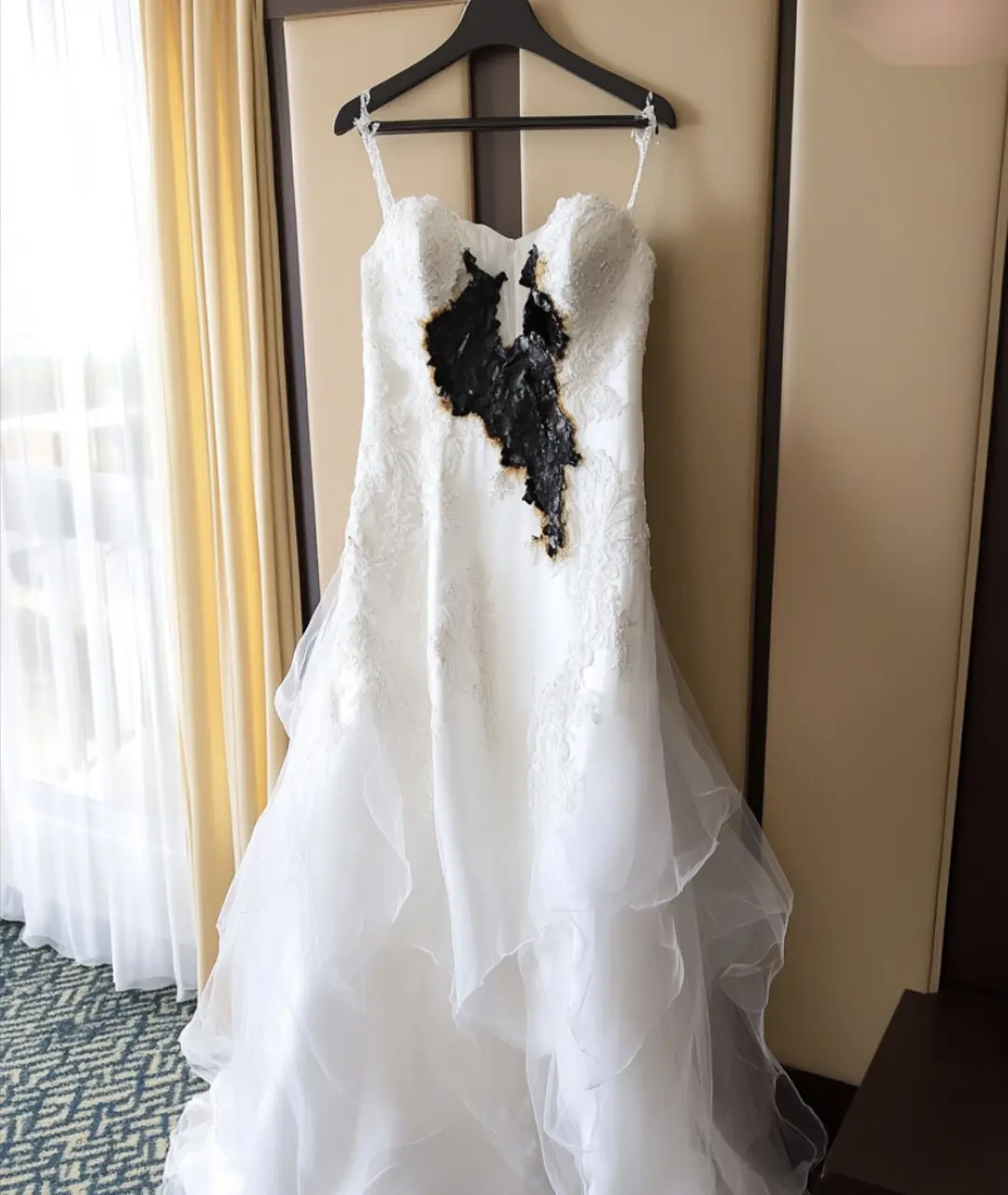
My MIL Ruined Our Wedding Three Times – But She Was the Only One Who Lost in the End
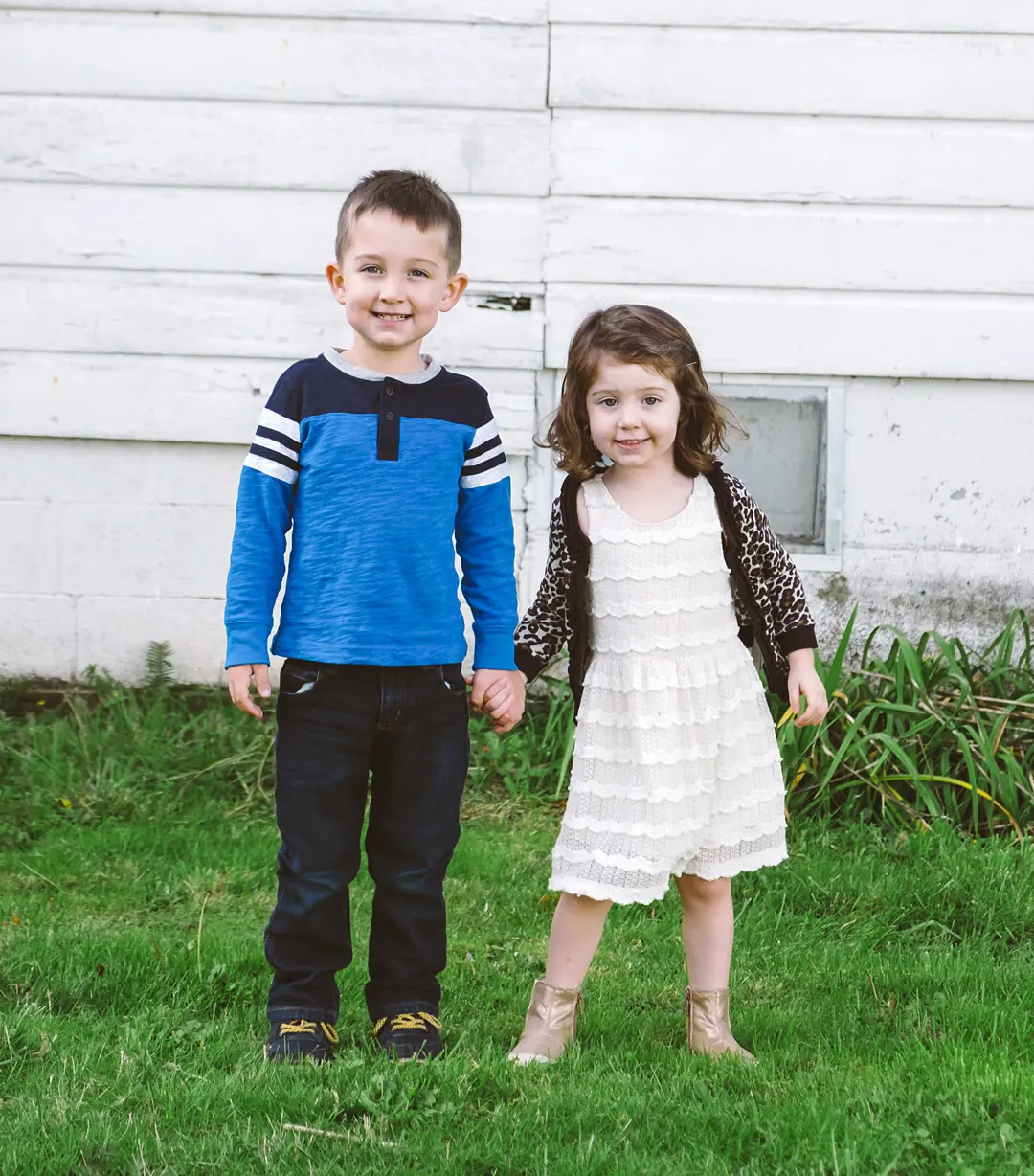
Child Made a New Friend at School, but Mom Is Shocked to Learn Who the Girl's Mother Is

I Became a Surrogate for My BIL and His Wife – When He Saw the Baby, He Yelled, 'This Must Be a Mistake!'
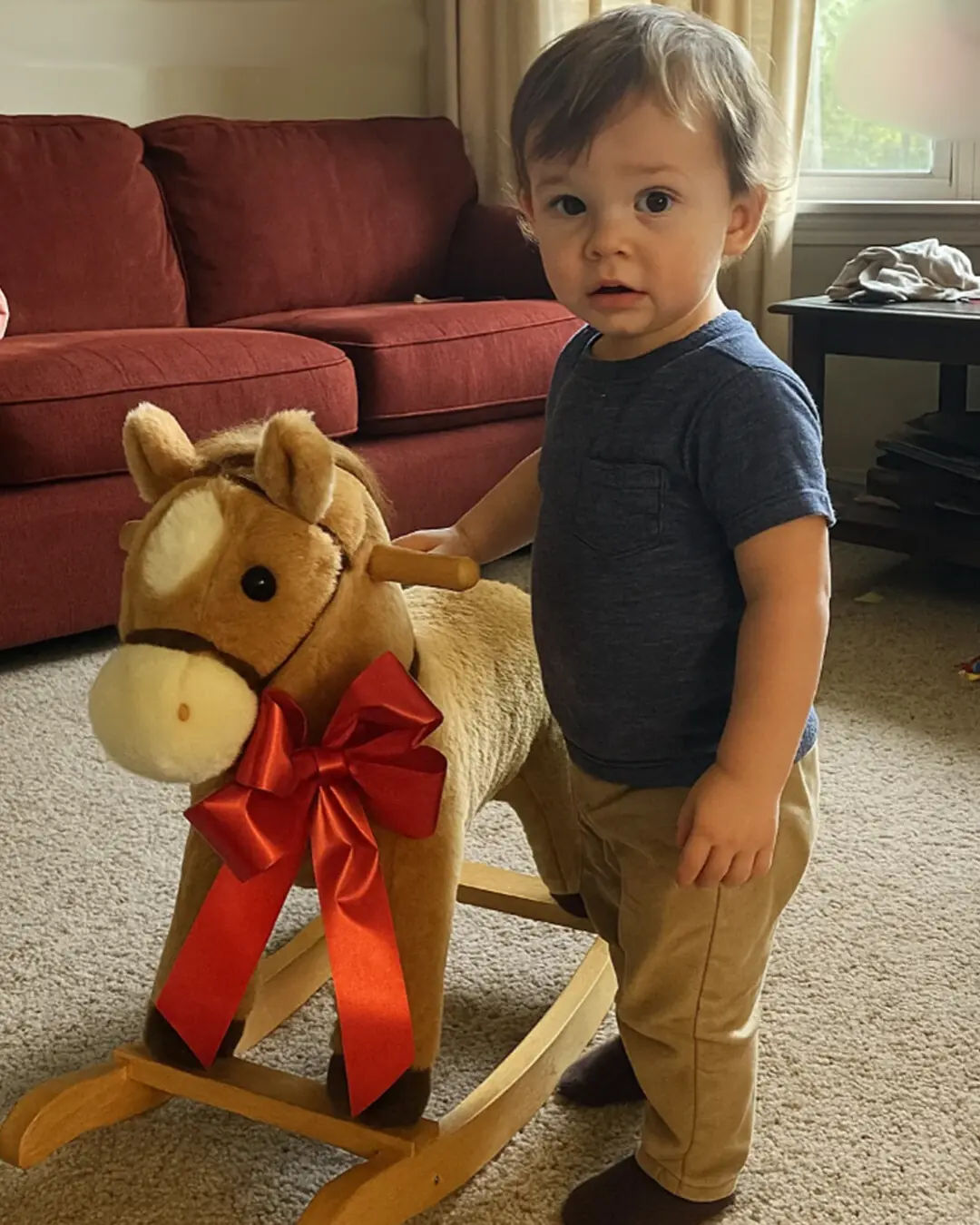
My Ex-husband Gifted Our Kid a Rocking Horse – When I Saw What Was Inside, I Called My Lawyer
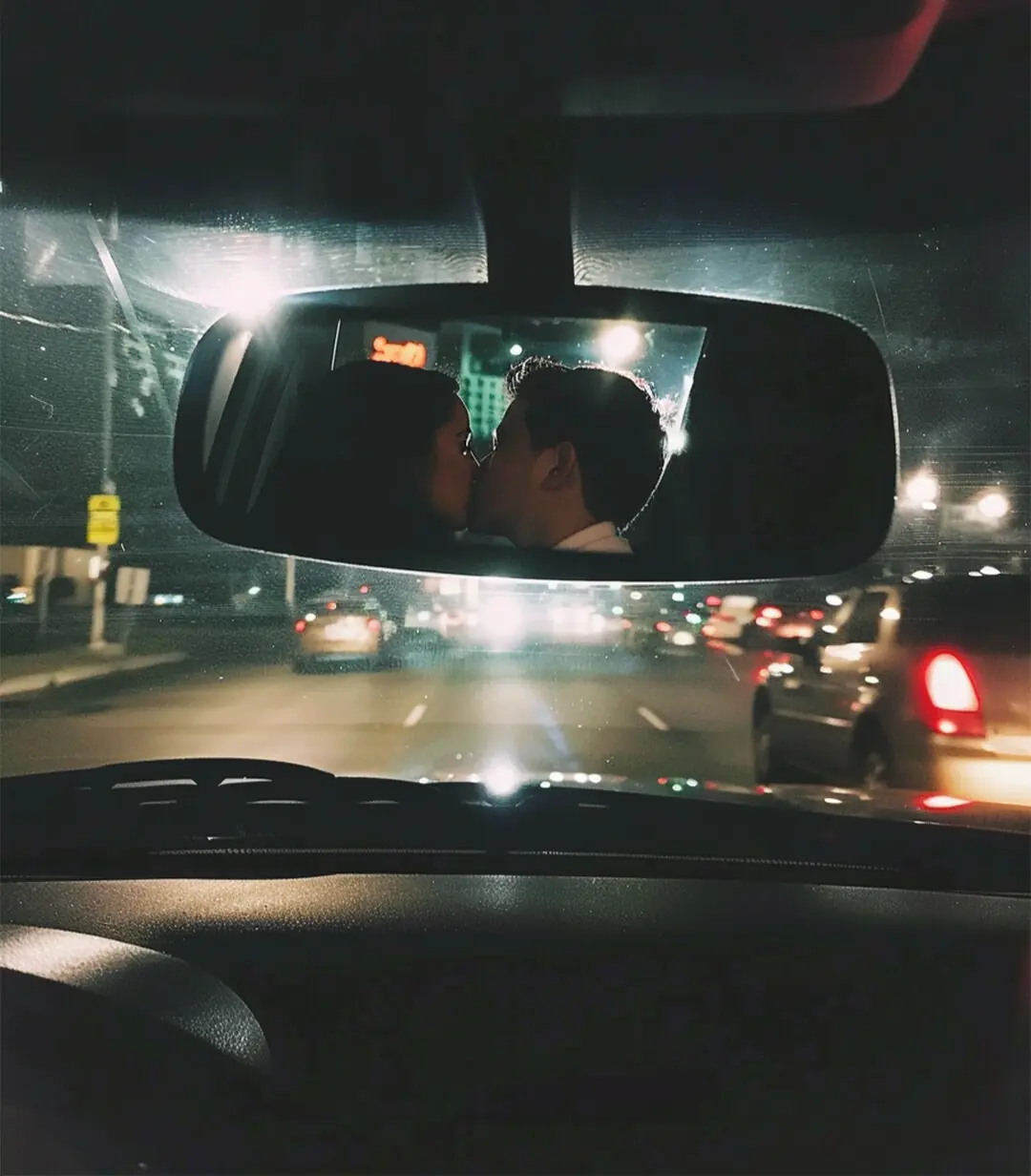
My Husband and His Mistress Accidentally Got Into My Taxi So I Gave the Cheater an Anniversary He’ll Never Forget
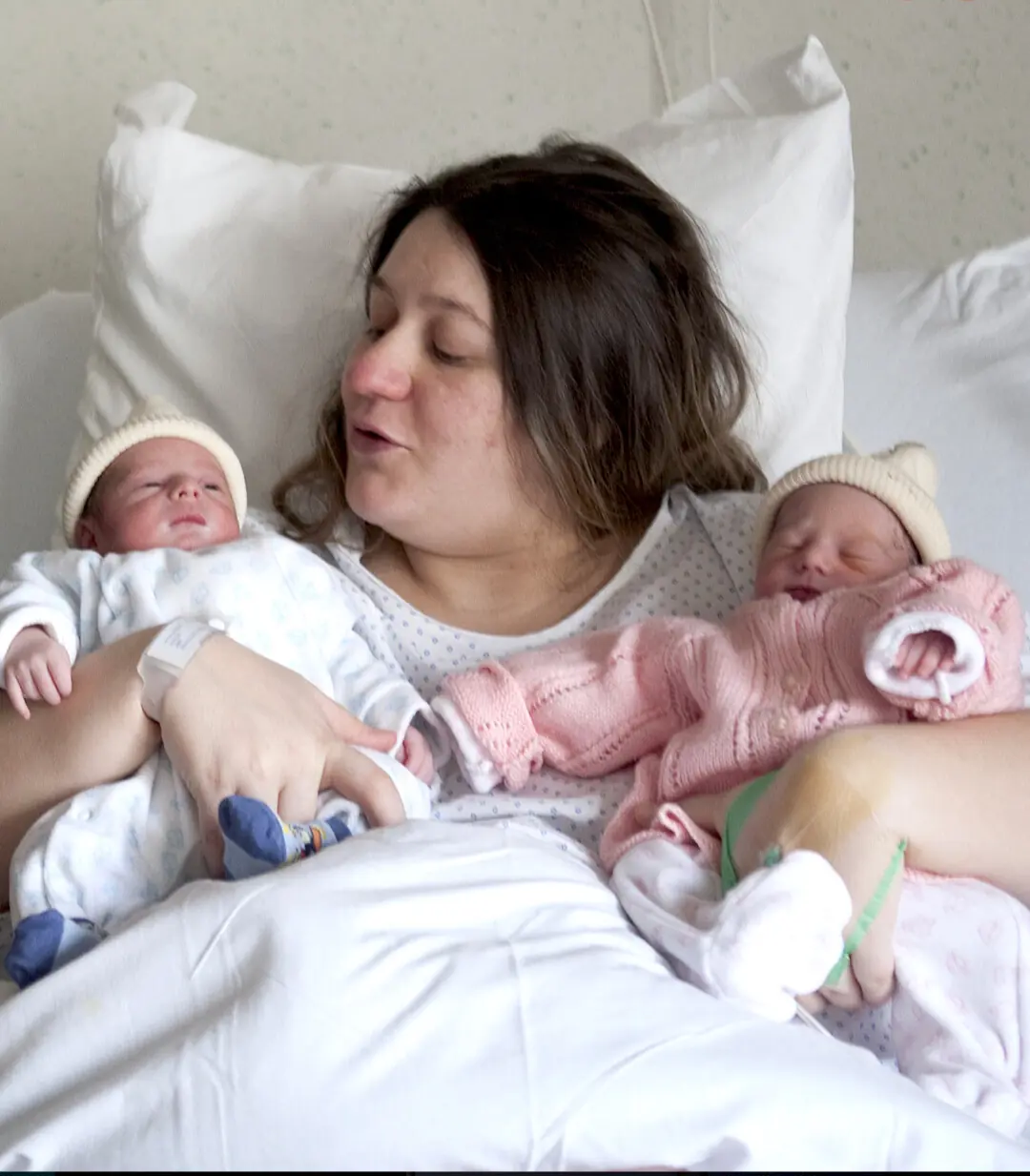
Man Mocks Wife for Gaining Weight after Giving Birth, Finds Her Diary after She’s Hospitalized
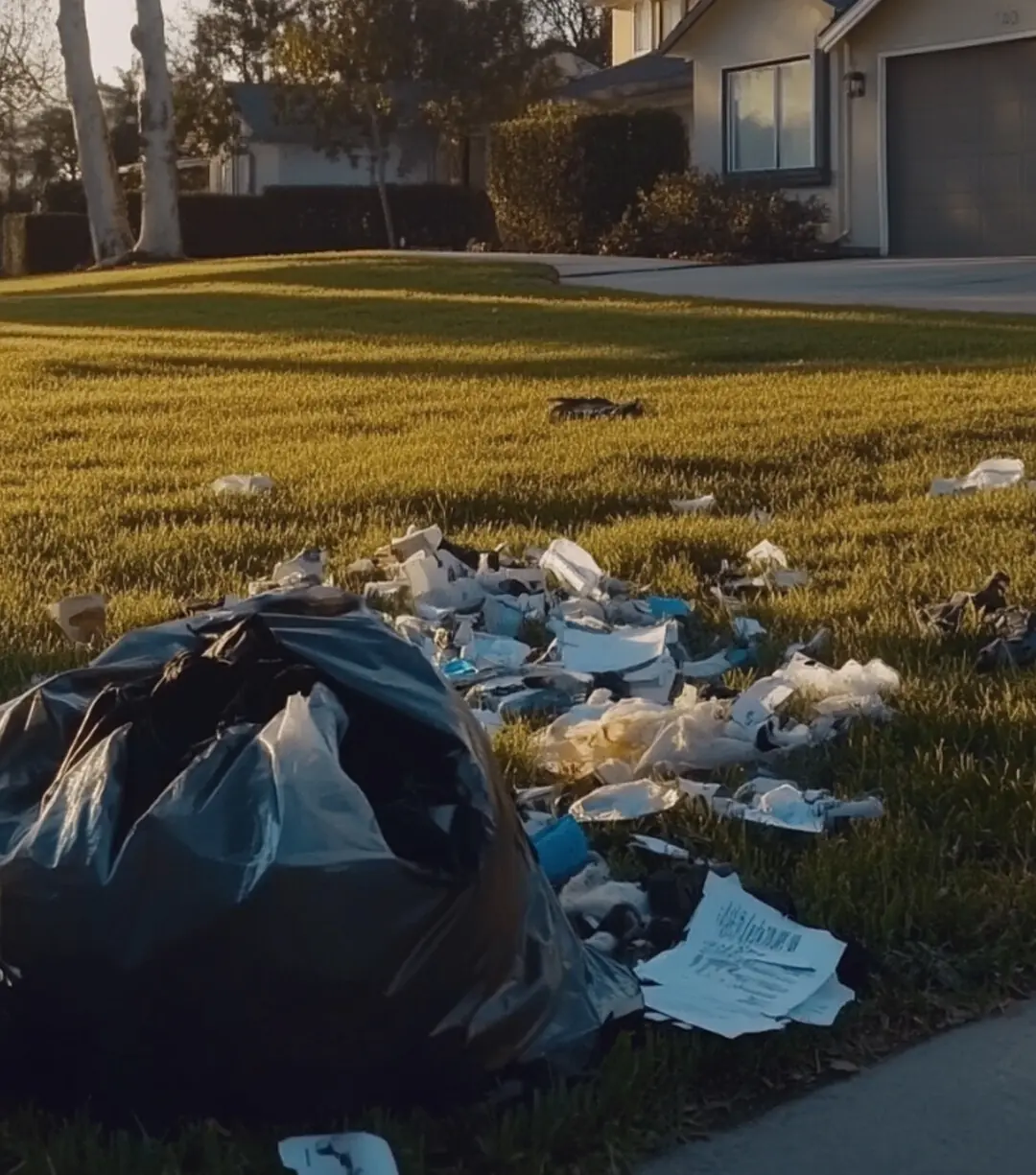
My Stepdaughter Betrayed Me and Kicked Me Out After I Raised Her Like My Own – So I Used My Experience to Turn My Life Back Around
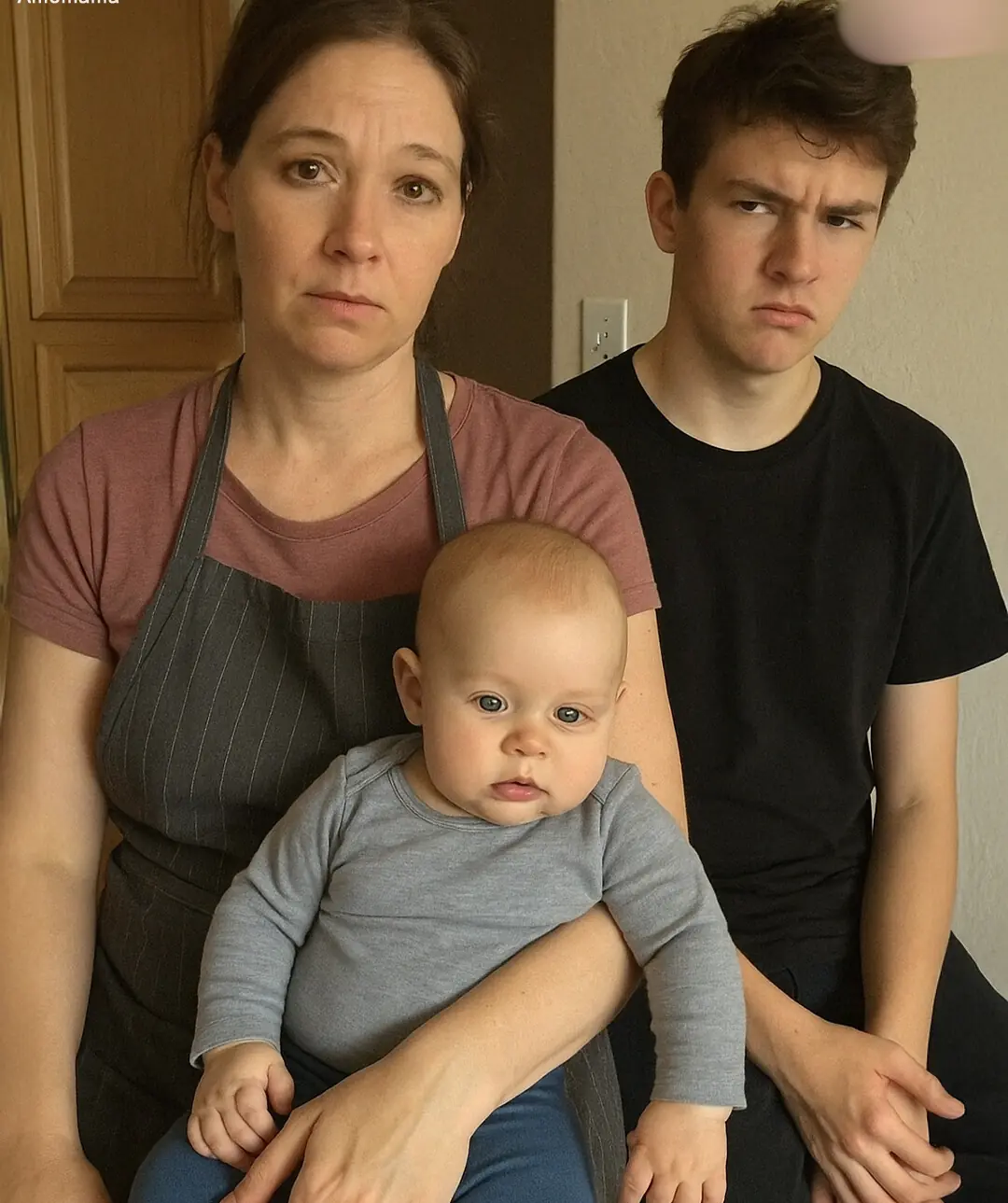
My Teen Son and His Friends Made Fun of Me for 'Just Cleaning All Day' — I Taught Them the Perfect Lesson
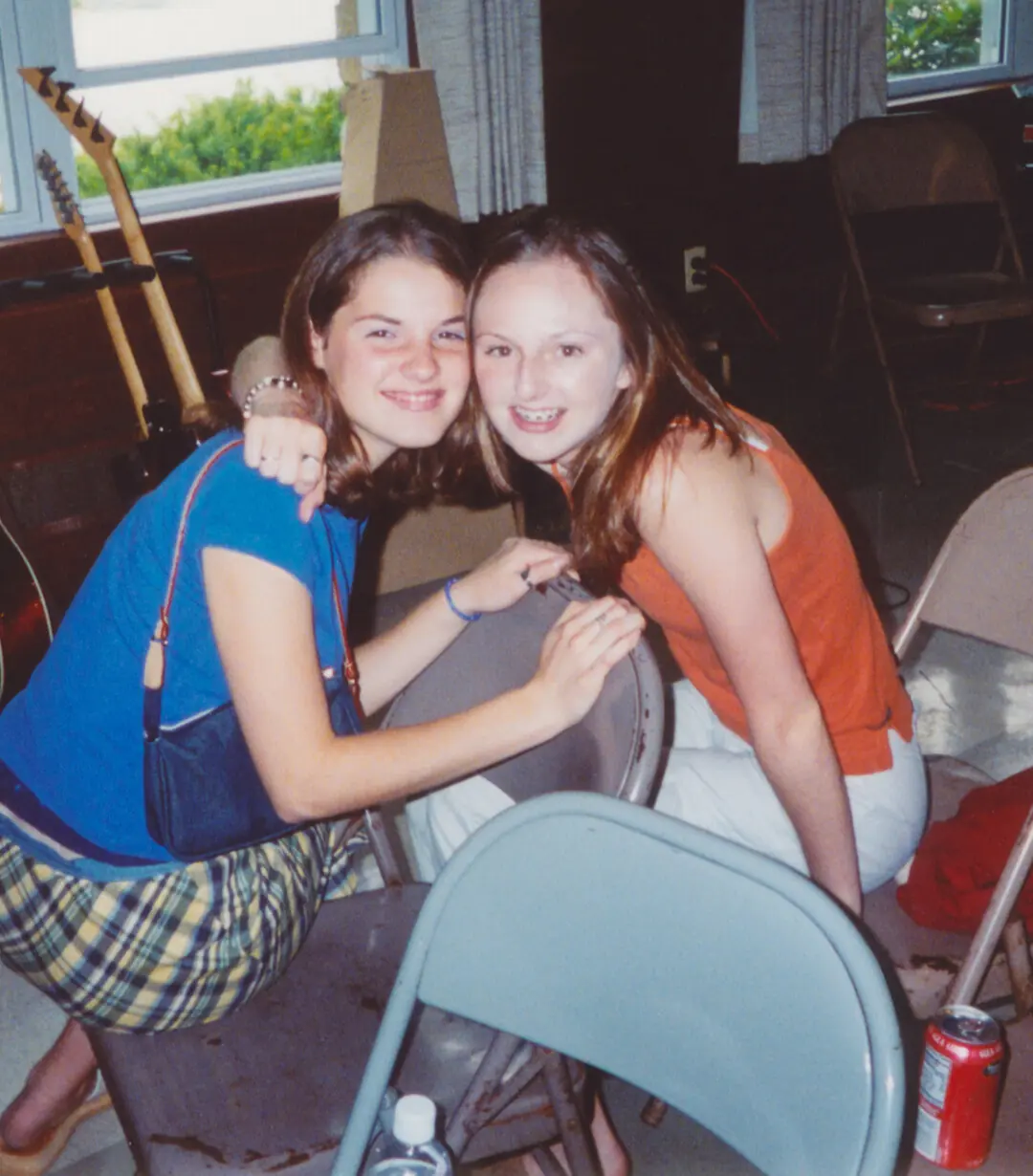
My Sister Betrayed Me Twice to Help Our Evil Father
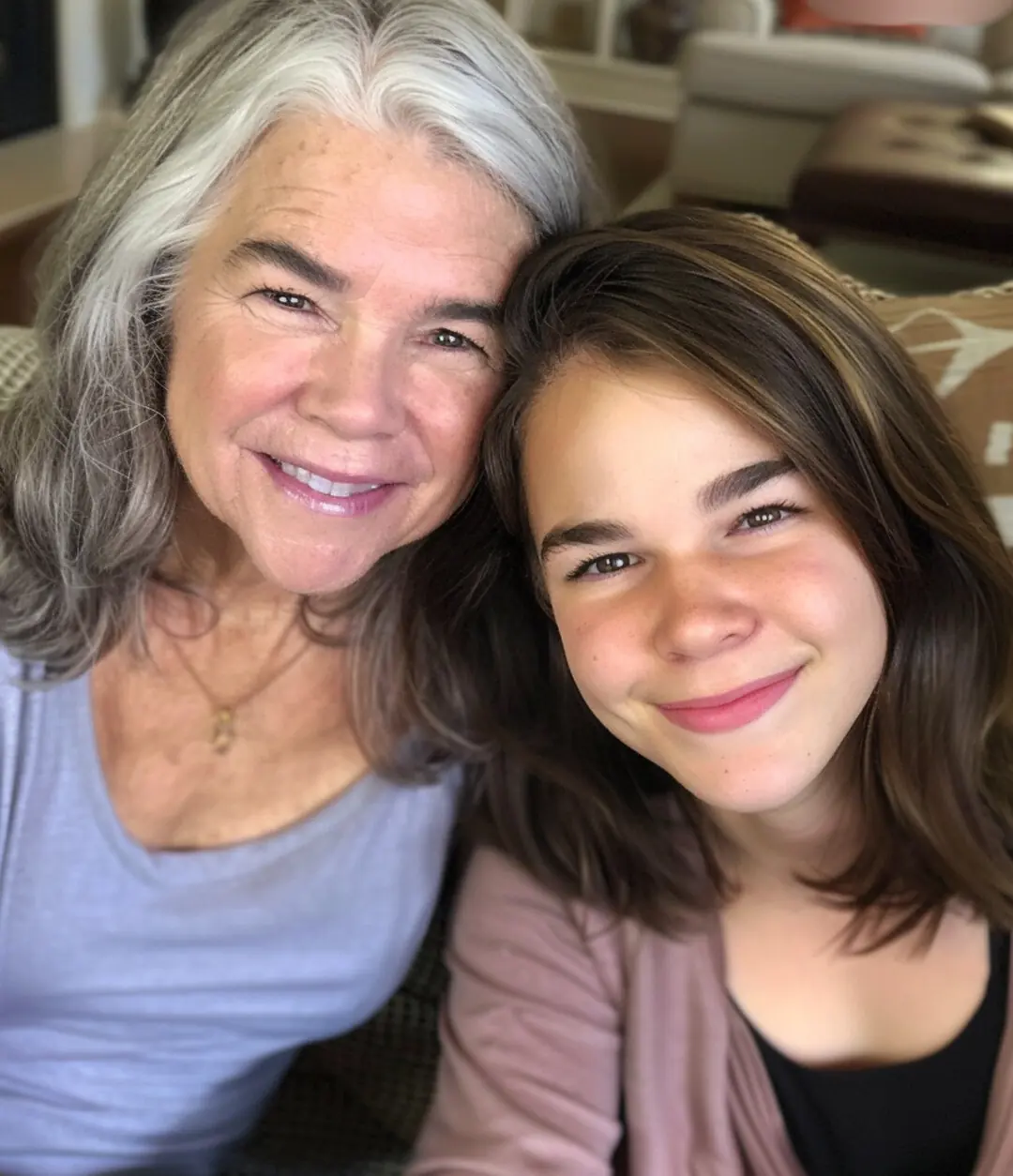
I Was Adopted 17 Years Ago — On My 18th Birthday a Stranger Knocked on My Door and Said, “I’m Your Real Mother. Come with Me Before It’s Too Late”
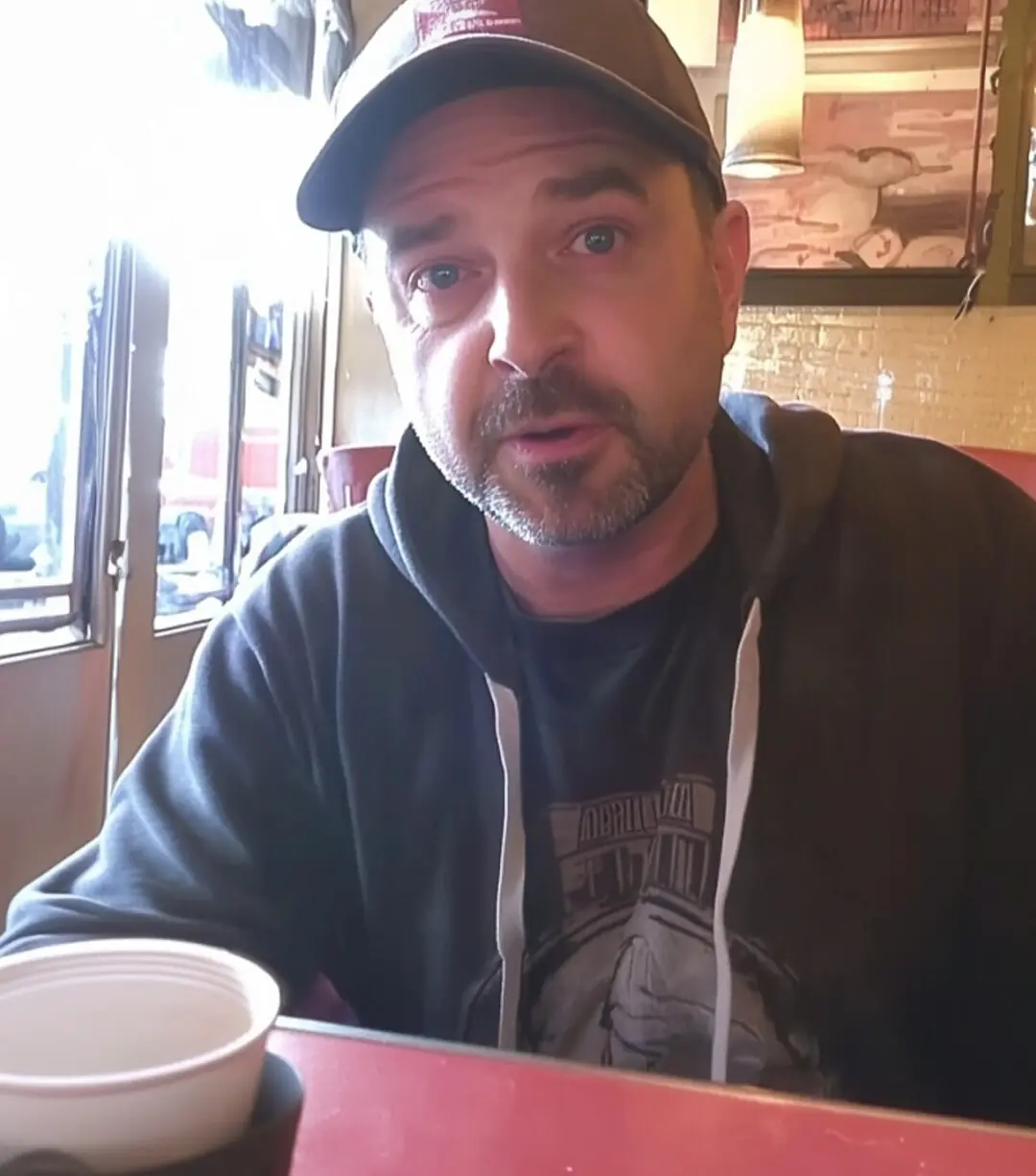
My Husband Said I Was 'Boring' and Left Me for a Party Girl—2 Years Later, He Showed Up at My Quiet Café and I Couldn't Help but Smile
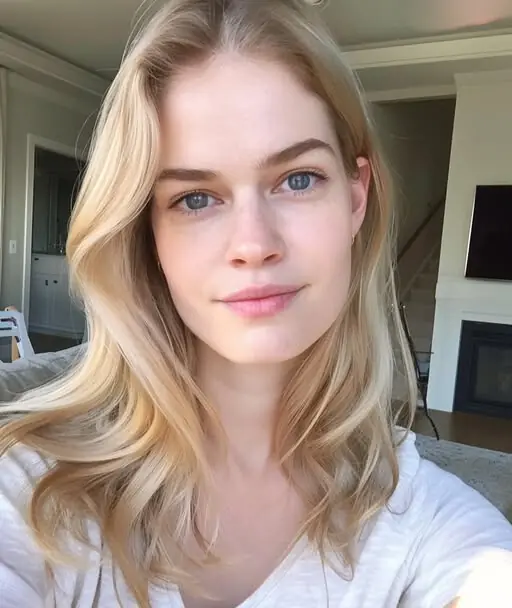
After My Father's Death, My Stepmom Kicked Me Out — I Never Expected She'd Beg Me to Return a Week Later
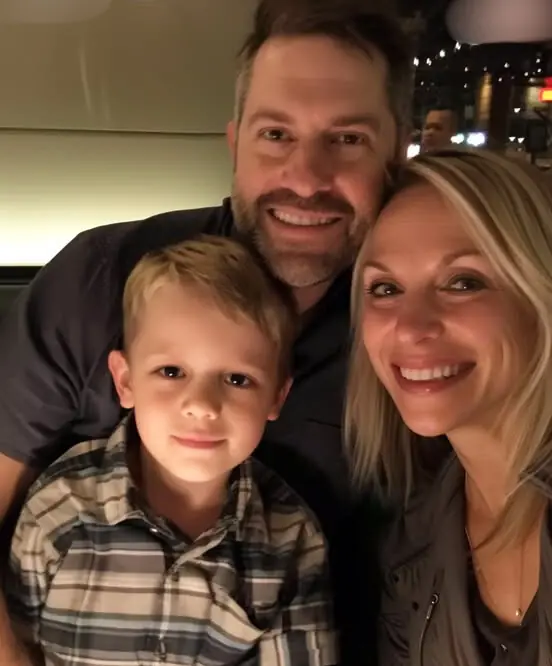
We Were Having an Anniversary Dinner at a Restaurant When My Boyfriend Rushed Out Screaming 'HE DID IT AGAIN!'
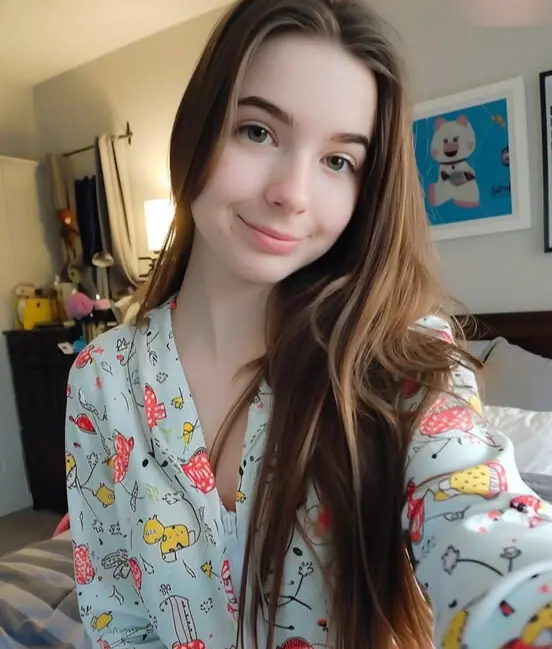
Parents Started Charging Me Rent Because I Had Decorated My Room – Karma Hit Back
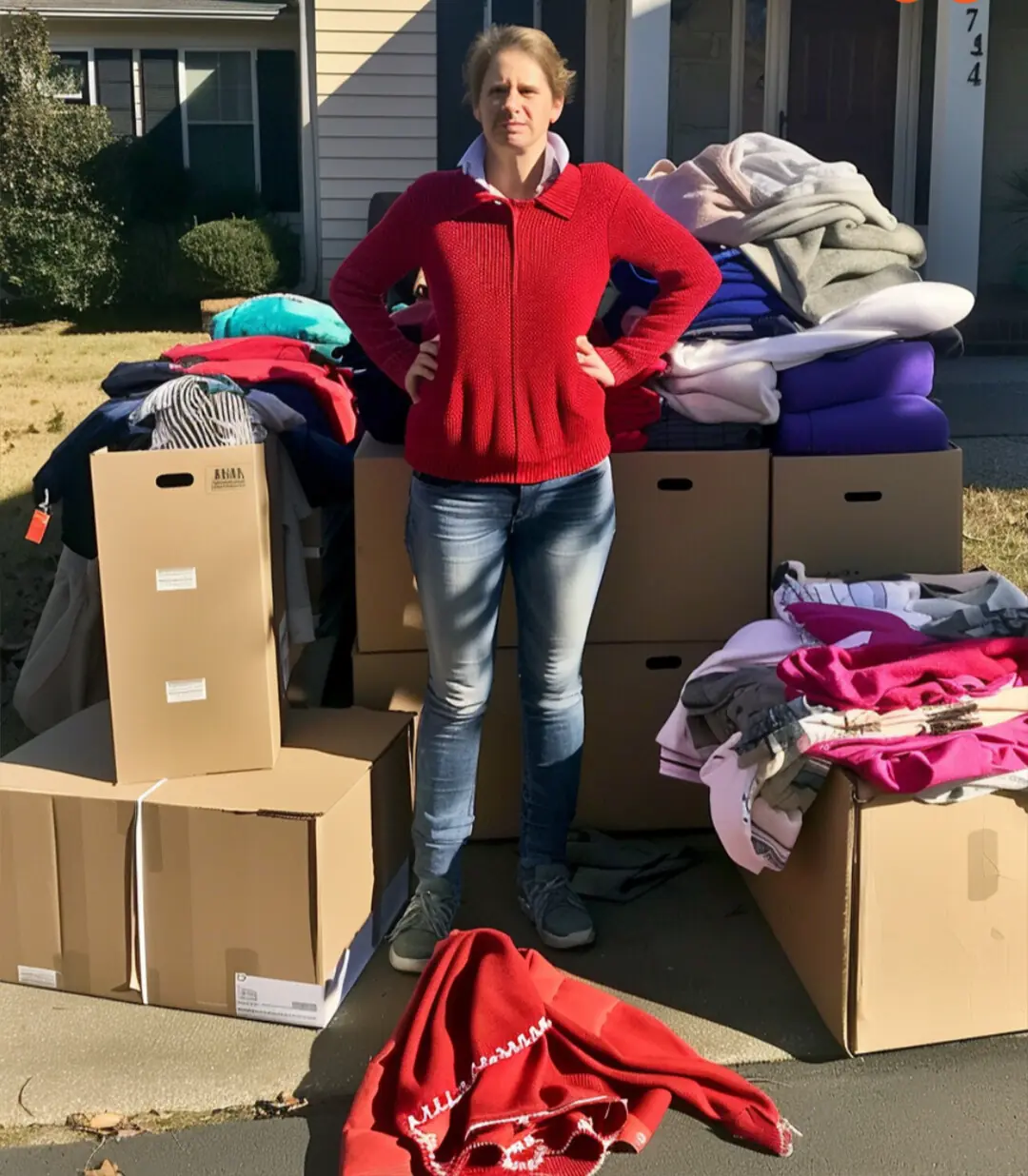
My Husband’s Lover Threw Away My Clothes and Kicked Me Out of Our Home — A Month Later, His Mom Turned the Tables on Him
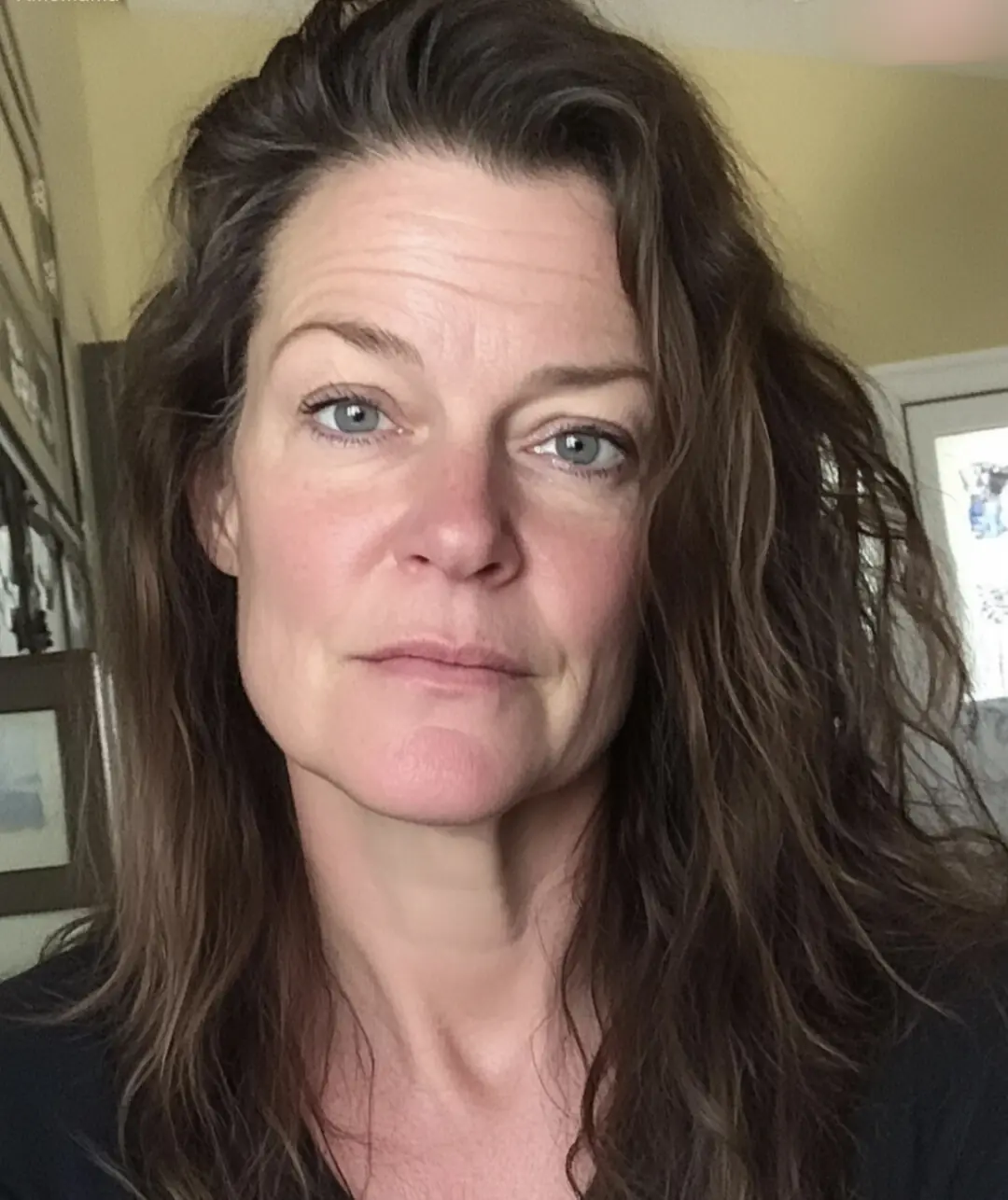
My Son's Teacher Called Me and Said, 'I'm Sorry, but I Have to Tell You the Truth About Your Son and Your Husband'
News Post

Here’s What The Lines On Bath Towels Actually Mean

Fake Honey is Flooding The Market — Here’s How To Spot The Real Thing

Here’s What It Really Means When A Man Turns His Back In Bed
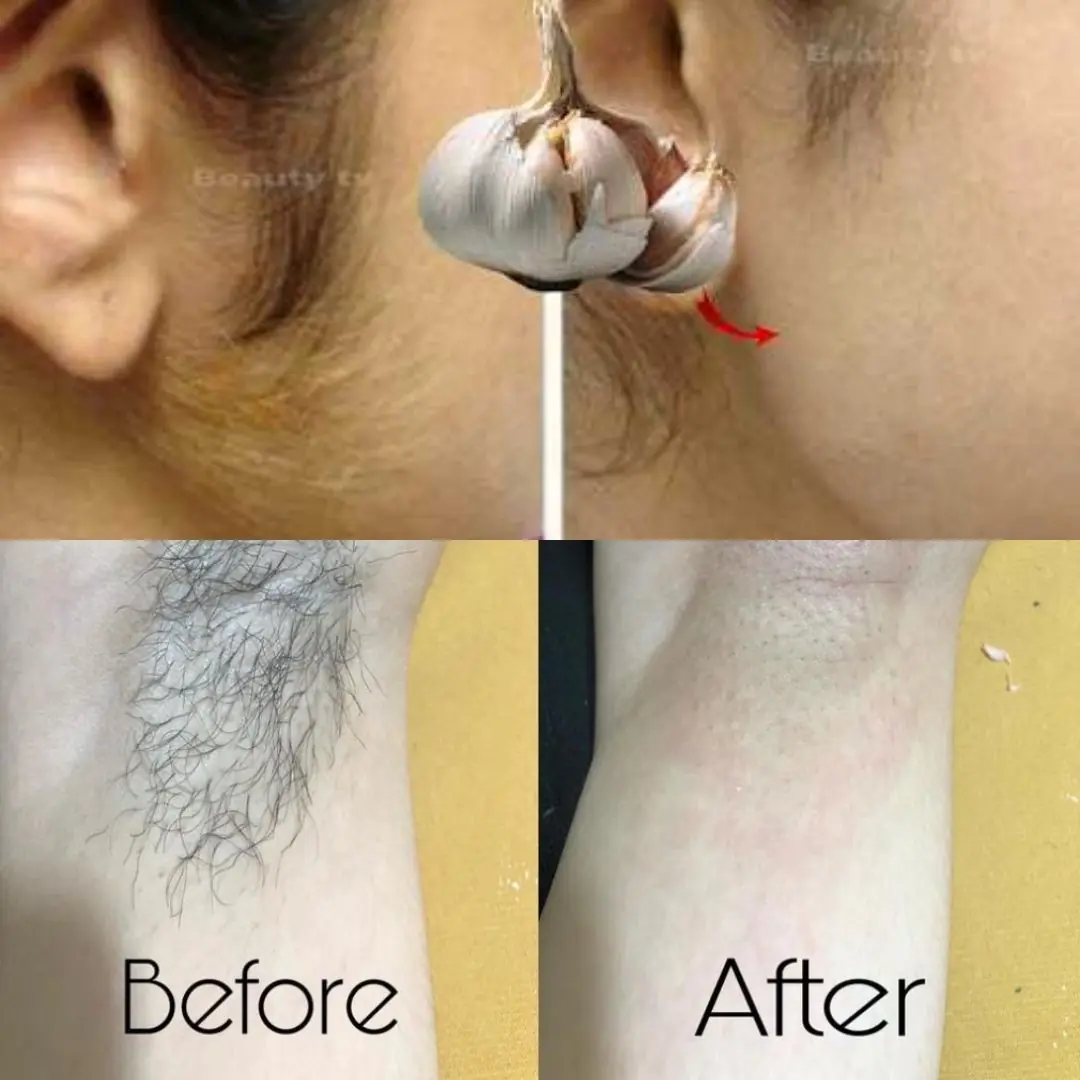
Stop Shaving! Discover Natural Ways to Permanently Remove Facial, Body, and Pubic Hair

11 Reasons Why You Should Drink Aloe Vera Water Every Day

Shocking findings of new trial on Ozempic alternative pushes it closer to approval

Experts Warn People To Get Rid Of This Common Bedroom Item Over Fears It Might Harm Brain Health

The Side Effects of Ibuprofen You May Not Be Aware Of
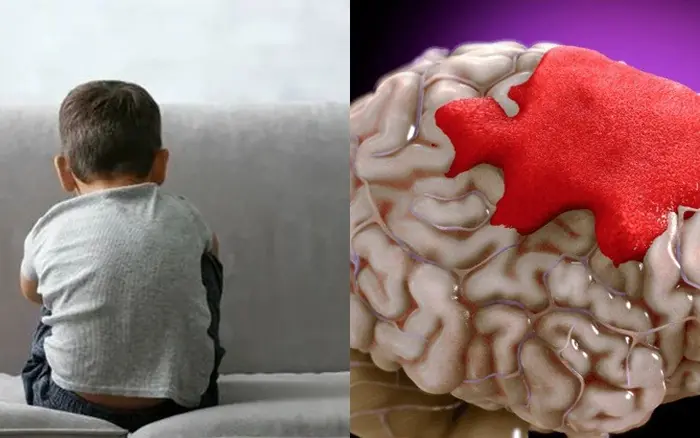
6-Year-Old Boy Suffers Stroke After Waking Up – Doctor Urges Parents to Know These 4 Warning Signs to Save Their Child
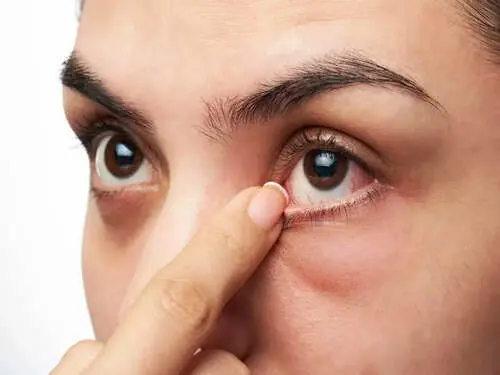
3 Eye Symptoms That Could Warn of a Stroke or Cancer – Don’t Ignore Them

My MIL Ruined Our Wedding Three Times – But She Was the Only One Who Lost in the End

Child Made a New Friend at School, but Mom Is Shocked to Learn Who the Girl's Mother Is

I Became a Surrogate for My BIL and His Wife – When He Saw the Baby, He Yelled, 'This Must Be a Mistake!'

My Ex-husband Gifted Our Kid a Rocking Horse – When I Saw What Was Inside, I Called My Lawyer

My Husband and His Mistress Accidentally Got Into My Taxi So I Gave the Cheater an Anniversary He’ll Never Forget

Man Mocks Wife for Gaining Weight after Giving Birth, Finds Her Diary after She’s Hospitalized

My Stepdaughter Betrayed Me and Kicked Me Out After I Raised Her Like My Own – So I Used My Experience to Turn My Life Back Around

17 Common Foods That May Trigger Kidney Stones – What to Avoid for Healthier Kidneys
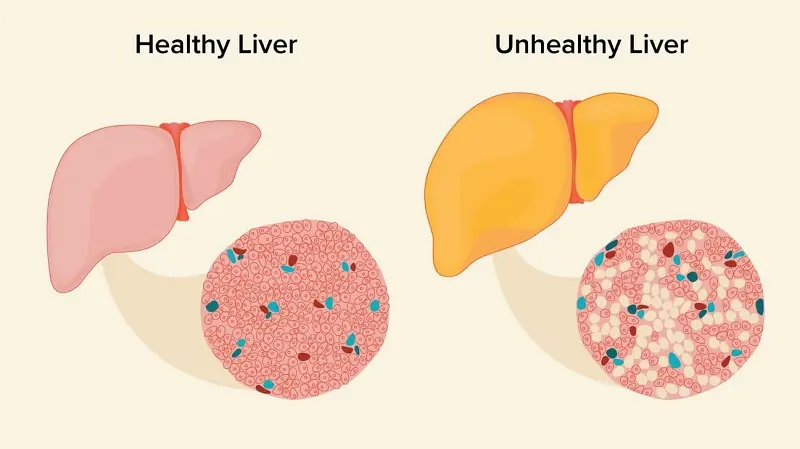
12 Strange Signs in Your Feet That Could Be Warning You About Liver Problems
